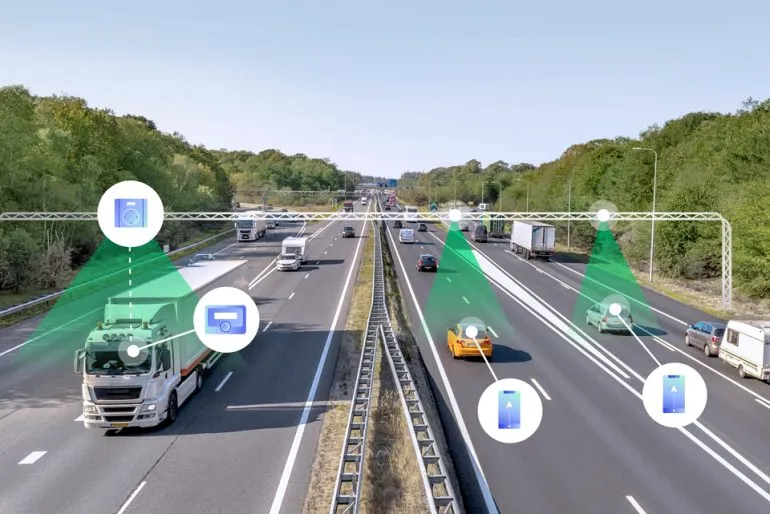Font size:
Print
India’s AI Revolution
Context:
AI Revolution – India stands at the cusp of a transformative era, poised to harness the power of Artificial Intelligence (AI) to drive unprecedented progress and innovation.
More on News:
- With a robust economic growth forecast and a favourable geopolitical climate, India is uniquely positioned to become a global leader in AI.
- Nomura forecasts an average growth rate of 7% over the next five years, significantly outpacing the International Monetary Fund’s global growth estimate of 3.2% for 2024.
- India’s recent hosting of G20 and the Global Partnership on AI meetings has further solidified a favourable geopolitical climate for growth.
Key Projections and Growth:
- AI Market Growth: India’s AI market is expected to reach $17 billion by 2027, with an annual growth rate of 25-35% from 2024 to 2027, according to Nasscom.
- Generative AI Leadership: India is leading in the adoption of Generative AI (GenAI) among 13 Asia Pacific countries, with a high level of engagement from students and employees.
- Government Investment: The Indian government has allocated Rs 10,372 crore for the India AI Mission, signalling strong support for AI initiatives.
Historical Context and Sectoral Impact:
- Drawing parallels with historical transformations—such as General Electric in electricity and Ford in automobiles—India Inc. has the potential to revolutionise various sectors through AI.
- The logistics sector, historically marked by inefficiencies, is benefiting from AI through improved automation and optimisation.
- Companies like PandoAI are already demonstrating success by consolidating supply chain data and providing analytics for Fortune 500 firms.
- With the integration of GenAI, the sector can further enhance predictive capabilities and innovative solutions, potentially setting a global benchmark.
Investment in Infrastructure and Talent:
- India currently has only 2% of global data centres despite generating 20% of the world’s data, representing a critical bottleneck.
- The government is enhancing computational capabilities by procuring 10,000 GPUs within the next 18 to 24 months and has launched the National Semiconductor Mission to establish a domestic chip industry with over $10 billion in production-linked incentives.
- However, infrastructure alone is insufficient. The industry must invest in talent development, as evidenced by a 16.8% increase in AI hiring in 2023.
- Initiatives like FutureSkills PRIME, a collaboration between industry and government, are crucial for fostering AI capabilities within the workforce.
Governance and Ethical Standards:
- Robust AI Governance: Companies must develop frameworks that address ethical concerns, data security, and bias.
- Transparency: Ensuring clarity in AI algorithms and decision-making processes is vital.
- Inclusive Development: Engaging diverse perspectives in AI development will enhance its societal relevance.
- Ethical AI Research: Collaborations with academic institutions for ethical AI research should be institutionalised.
Subscribe to our Youtube Channel for more Valuable Content – TheStudyias
Download the App to Subscribe to our Courses – Thestudyias
The Source’s Authority and Ownership of the Article is Claimed By THE STUDY IAS BY MANIKANT SINGH






Man, India’s AI future sounds huge! Like, they’re really going for it. This article made it easy to get.